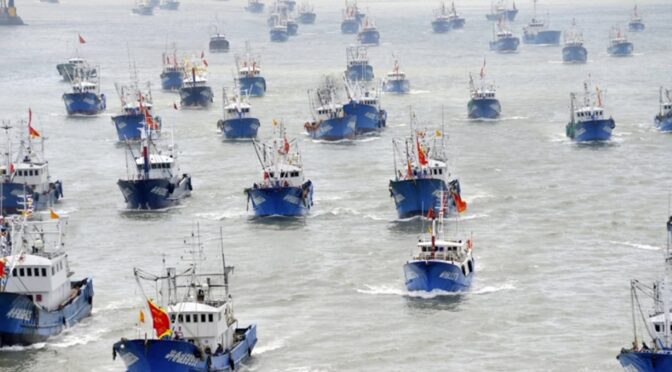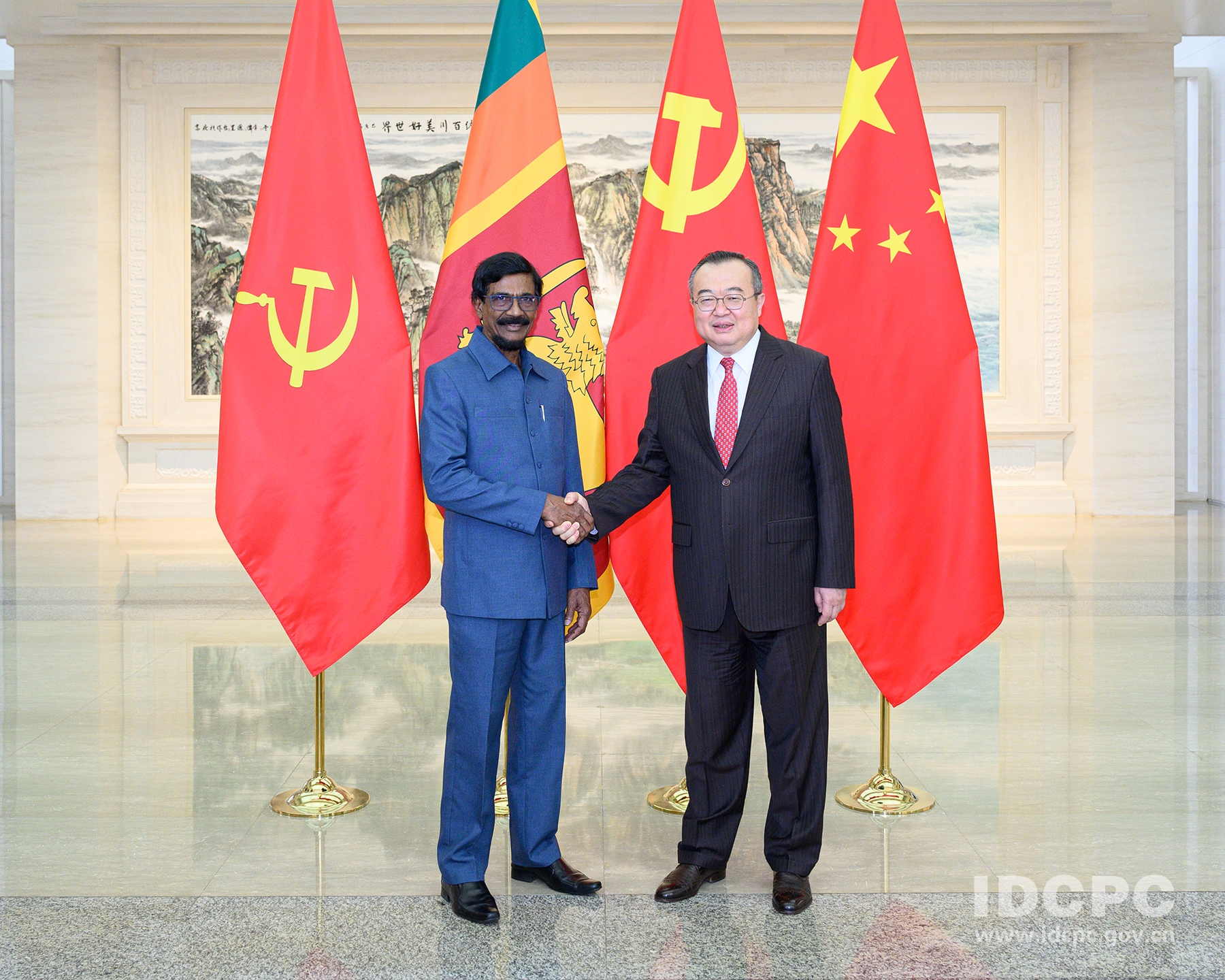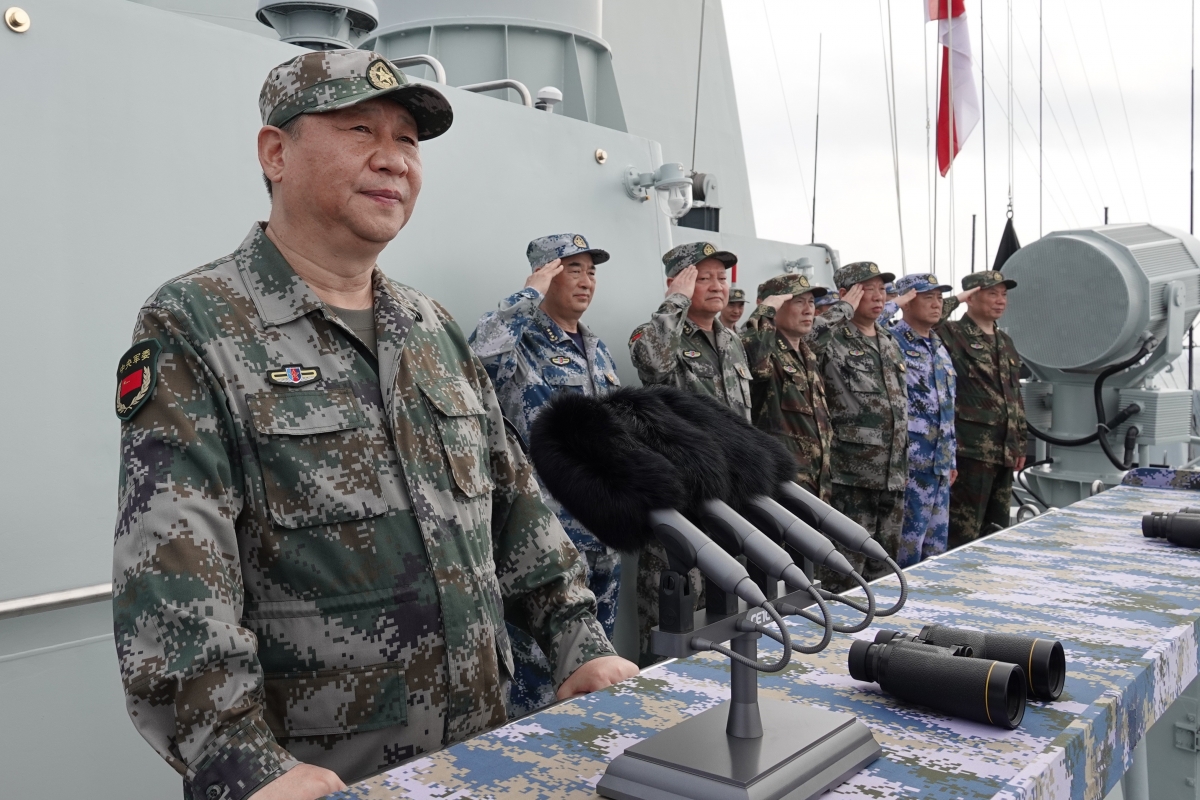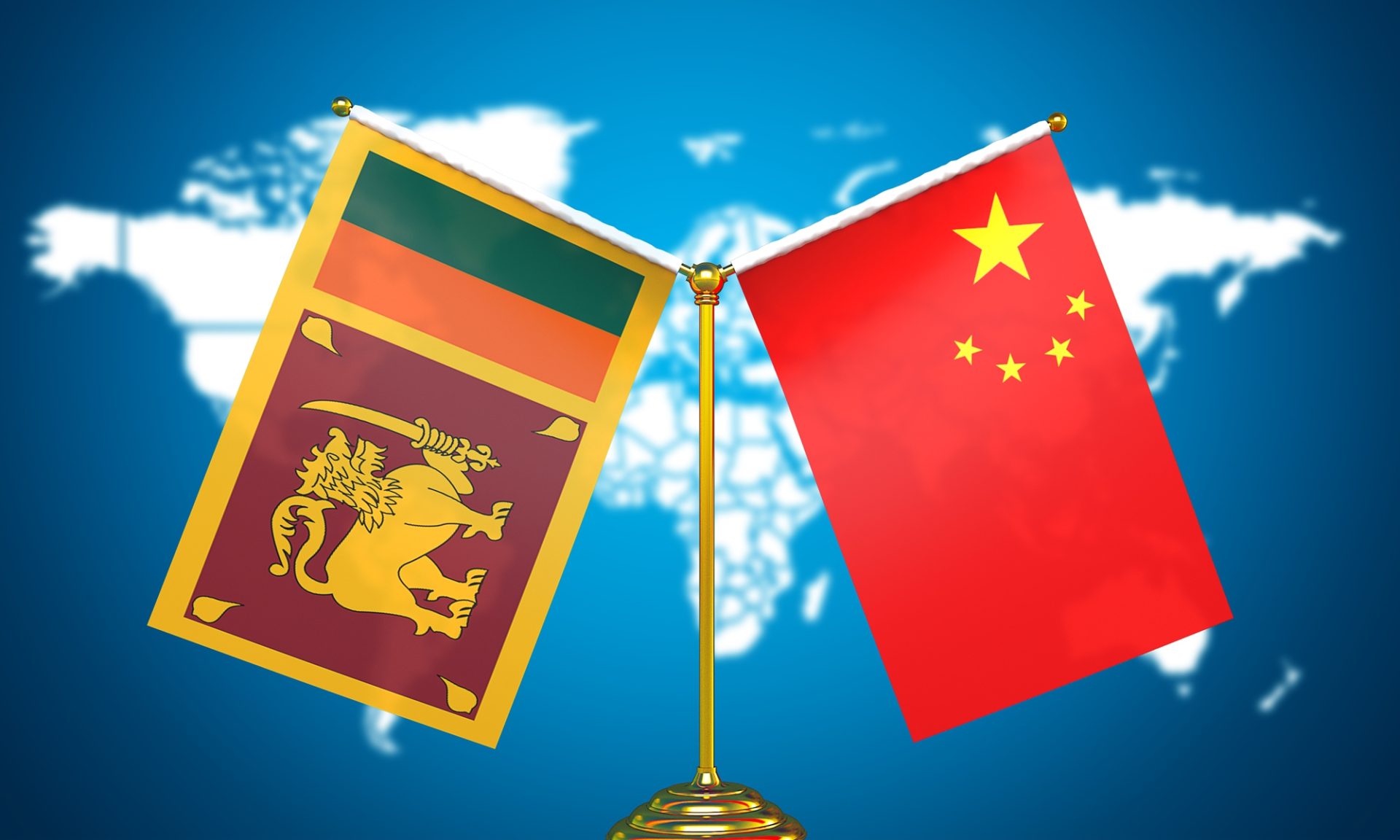China’s footholds in Sri Lanka continue to be complex in the Indian Ocean Region. Amidst the controversies surrounding the arrival of the Chinese maritime research vessels in Colombo, Sri Lanka’s Northern Province Fishermen’s Federation has issued a statement calling to stop the idea of importing fish from China. The federation unanimously passed a resolution regarding this. “The decision to import fish from China will affect our livelihood. It will destroy the local fishery over time – that is why we oppose the decision to import fish from China,” – the statement added. According to them, China is disrupting their livelihood.
The Center for Strategic Studies – Trincomalee published a detailed report in January this year on the impact of the proliferation of sea cucumber farms in Jaffna, entitled, “Is sea cucumber farming in northern Sri Lanka a Chinese checkpoint in Palk Bay?” Over time, the local fishery will disappear in the north of Sri Lanka, and eventually, the northern seafood needs may be entirely dependent on China because the proliferation of sea cucumber farming for the Chinese market has systematically weakened the local fisheries, the report pointed out. The situation indicates that the assumption of the report is correct.
In 2016, a Chinese company, Gui Lan (Pvt) Ltd, established a hatchery at Ariyalai in Jaffna to produce sea cucumber chicks. In 2022, the Cabinet had identified about 5000 acres of coastal land in the Jaffna, Mannar, Kilinochchi and Batticaloa districts as suitable sites for sea cucumber projects.
As China entered the sea cucumber harvesting field in the northern peninsula, marine biologists warned about the future of local fishery.
Mr A.M. Riaz Ahmed, a senior lecturer in the Department of Biological Sciences at the Southeastern University of Sri Lanka, told this author, ‘The fishermen’s fears are justified. Suppose large-scale sea cucumber harvesting is carried out alone. In that case, it will affect the food chain of marine resources because sea cucumber eggs and young larvae are, prey for fish and other marine animals, says Riaz. He recently published a book titled ‘Sea Cucumber Farming and the Politics and Ecology of Seas of Jaffna Islands’.
Experts who speak from an ecological point of view also noted that sea cucumber farms are unsuitable for the northern peninsula because it is offshore monoculture farming. It may benefit certain investors and farm workers but eliminate local fisheries over time.
While this author interviewed many representatives of fishermen associations in the north, they are apprehensive about the sea cucumber farming method because of Chinese involvement – they believe that as a big country far from Tamil culture, China will not respect local livelihood, traditions, culture, and environment.
The government of Sri Lanka used the sea cucumber harvest in the northern peninsula as a balancing tool between India and China. In 2021, former president Gotabaya Rajapaksa’s Cabinet approved the award of three renewable energy projects to China at Nainathivu, Nedunthivu and Analaithivu, 50 kilometers from south India. This project was later abandoned due to Indian security concerns. Against this backdrop, the Cabinet has approved setting up large-scale sea cucumber farms in 2022. China used the idea of sea cucumber farming in the northern peninsula for its ‘game of go’ approach to make up for the failure of the tender.
In February 2021, Chinese ambassador Qi Zhenhong visited Jaffna and said that “China would work with the Sri Lanka Government and the Fisheries Ministry to promote cultivating sea cucumber and seafood industries in the Northern Province to empower Jaffna fishing folk”. The ambassador stated in his address to reporters in Jaffna that ‘Beijing looks to “maintain contacts between Jaffna and China in the near future.”
China has stealthily chosen the fisheries industry among Tamils to up its influence in the north and eastern provinces. According to the Daily Mirror report, “it has chosen to invest more in the fisheries sector of these two provinces further. During the recent visit of Fisheries Minister Douglas Devananda to China in view of the tenth anniversary of the Belt and Road Initiative (BRI), China pledged Rs.1500 million for the benefit of the fisheries sector in these areas.”
Given this background, the Northern Fishermen Federation has expressed their fear about their livelihood due to Chinese interference in the northern fisher industry.
From the world view, China’s fishing industry has been looked at critically. According to the 2019 Illegal, unregulated and Unreported (IUU) Fishing Index, China has been labelled as the world’s worst nation and is accused of “overfishing, targeting of endangered shark species, illegal intrusion of jurisdiction, false licensing and catch documentation, and forced labour.”
The Index ranks all 152 coastal States of the world based on forty indicators related to the prevalence of IUU fishing in each State and each State’s vulnerability and response to IUU fishing, relying on coastal, flag, port, and other State responsibilities. “Vulnerability” includes indicators relating to the risk that IUU fishing may occur. China was rated worst as a flag State, second worst as a port State, and worst overall. “Prevalence” refers to indicators that relate to known or suspected IUU incidents. China was rated worst as a flag State, worst as a port State, and worst overall.
In the report of the U.S Congressional Research Service, “China has emerged as the world’s largest exploiter of fisheries on a global. China’s fishing fleets have been implicated in illegal fishing activity in many parts of the world, and China is a leading country responsible for Illegal”.
Many African nations are taking steps to stop fish imports from China. Kenya, an East African country, is a vivid example of how China threatens to drown its local fish industry. In 2021, Kenya banned fish imports from China. Kenya’s National Assembly’s Committee on Agriculture introduced legislation in the parliament to abolish fish import to the East African nation to protect local fishermen and other fishing resources against foreign exploitation.
And also, Kenyan authority found the quality of fish imported from China was poor – not fulfilled WHO standards. The laboratory investigation commissions by EastAfrican found part of the fish imported into the region from China contains traces of heavy metal, harmful to human health. Long-term exposure to these metals in the human body and frequent consumption of such food, can have a disastrous effect, and therefore, their presence and long-term effects in the human body pose serious health risks, said Prof James Mabaria, the head of the department, the University of Nairobi’s Public health, Pharmacology and Toxicology.
Kenya took this decision in 2018, but China threatened to withhold funding to complete the railway project – Naivasha-Kisumu standard gauge railway (SGR). During the Forum for China-Africa Cooperation, China refused to sign an agreement deal for the last phase of the SGR project. This is a lesson for small, vulnerable countries like Sri Lanka about how China will behave when a nation tries to windrow from the agreements with China. Deal-making with China is a one-way journey, and the return will be deadly.
Sri Lankan authority seems to be underestimating the potential for China’s growing influence in Sri Lanka’s fisheries sector to have negative consequences from a security perspective in the Indian Ocean region. Looking at China’s inroads from a purely economic outlook will mislead the nation. The Northern peninsula of Sri Lanka is divided by a narrow strip of the ocean from south India. China’s interest in the fisheries sector in such an area will likely have a motive beyond its economic purposes.
China is the only country using fishing vessels to gain its geopolitical intentions. According to the Chinese definition, “It is an armed mass organization composed of civilians retaining their regular jobs.” Experts pointed out that “two types of non-military action in the Indo-Pacific—the Belt and Road investment project and the use of civilian vessels as maritime militia— should be viewed as interdependent and purposeful revisionary strategies China uses for its economic and political goals.”
Against this backdrop, the idea of importing fish from China will harm Sri Lanka in two ways – one is that the local fishery will vanish and create an irreversible dependency on China. In the geopolitical dimension, allowing Chinese envelopment in the fishery industry in Sri Lanka will create security tensions in Palk Bay.




